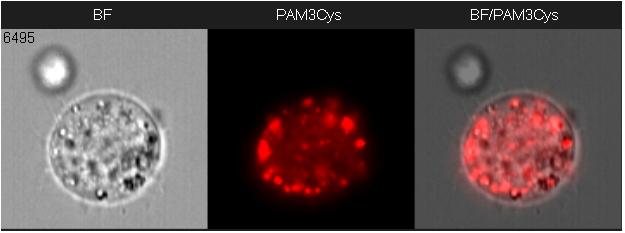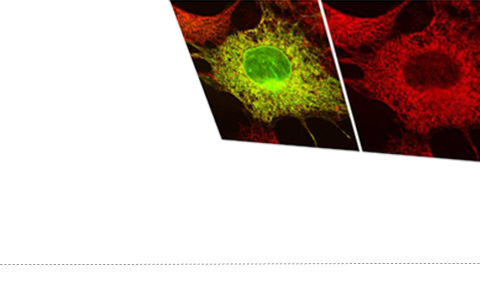
Mesenchymal stromal cells (MSCs) are widely spread in adult organisms. In vitro, these cells have a multipotent phenotype, which manifests as the ability to differentiate into several mesodermal lineages, especially adipocytes, chondrocytes and osteoblasts. Furthermore, MSCs may assist the recovery of injury sites and are thought to contribute to tissue maintenance. Many studies have shown that MSCs possess immunosuppression abilities, such as the capacity to inhibit proliferation and functions of many immune cell types. Studies in our laboratory have shown that some MSC functions are regulated by toll-like receptor (TLR) ligands. TLRs are abundant receptors implicated in many functions, however they are mostly studied in the immune system. TLRs are expressed on immune cells, where they recognize pathogenic patterns. It has been established that MSCs also express TLRs and that their differentiation is modulated by TLR ligands. In addition, recent work from our laboratory suggests that independently derived MSC preparations react heterogeneously to TLR activation. In this study we aim to test the immunomodulatory properties of TLR-activated MSCs. I will focus on the influence of TLR ligands, which promote immune response, on the immunosuppressive properties of MSCs. I will further explore both the modulation of MSC immunosuppression by TLR ligands and the molecular mechanism of immunosuppression by MSCs.


